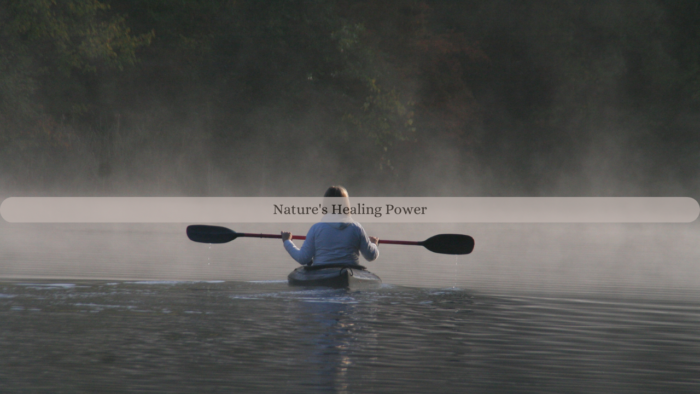
Addiction is a complex and deeply personal struggle that affects millions of people worldwide. Recovery is often a long and challenging journey, requiring a multifaceted approach that includes medical intervention, therapy, and support networks. However, an increasingly recognized and powerful tool in aiding addiction recovery is the natural world. Time spent outdoors, whether through structured programs or simple immersion in nature, can have profound effects on mental, emotional, and physical well-being, making it a valuable complement to traditional recovery methods.
The Science Behind Nature’s Healing Power
Research shows that spending time in nature can positively influence brain chemistry and stress levels. For those recovering from addiction, stress and anxiety can be major triggers for relapse. Nature offers a natural remedy by reducing cortisol levels (the stress hormone) and increasing endorphins and serotonin, the “feel-good” chemicals in the brain. A 2019 study published in Frontiers in Psychology found that just 20 minutes of contact with nature significantly reduced stress hormone levels in participants.
Additionally, the sensory experience of being outdoors can provide a powerful form of mindfulness. The sights, sounds, and smells of nature can help individuals stay present in the moment, a key component of many addiction recovery programs. This mindfulness can shift the focus away from cravings or negative thoughts, creating a sense of calm and clarity.
Ecotherapy: Nature-Based Treatment for Addiction
Ecotherapy, also known as nature therapy or green therapy, is an emerging field that involves structured activities in nature to promote physical and emotional healing. For individuals in recovery, ecotherapy can involve activities such as hiking, gardening, or simply walking in a park. These experiences provide both a mental escape from the stresses of recovery and a form of physical exercise, which is essential in rebuilding the body after substance abuse.
One notable example of ecotherapy is wilderness therapy programs, which often combine outdoor survival skills with therapeutic practices. Participants may spend weeks in a wilderness setting, learning to overcome challenges in a natural environment. These programs encourage self-reliance, problem-solving, and resilience, skills that are essential in maintaining long-term sobriety.
Reconnecting with a Sense of Purpose
Addiction often disconnects individuals from their sense of purpose, leaving them feeling isolated and lost. Nature, with its cycles of growth, decay, and renewal, offers a powerful metaphor for recovery. Observing the resilience of nature—how plants regrow after a storm or how ecosystems adapt to change—can inspire hope and a renewed sense of purpose. Spending time outdoors allows people to step outside of their immediate struggles and reconnect with the bigger picture of life.
Furthermore, nature can foster a sense of awe and spirituality, which can be transformative during recovery. Many addiction recovery programs, like Alcoholics Anonymous (AA), emphasize the importance of finding a higher power or connecting with something greater than oneself. For some, the natural world becomes that higher power, offering a source of peace, strength, and perspective.
Building Healthy Habits
Engaging with nature also encourages the development of healthy, sustainable habits. Whether it’s taking a daily walk in the park, joining a hiking group, or adopting gardening as a hobby, these activities can become a positive replacement for the negative habits associated with addiction. Physical activity in nature not only promotes better health but also serves as a coping mechanism for stress and boredom—two common triggers for relapse.
Conclusion
Nature’s healing power is undeniable, particularly for those recovering from addiction. The outdoors provides a sanctuary where individuals can heal both physically and mentally, offering stress relief, a sense of purpose, and a natural path toward mindfulness. Whether through structured ecotherapy programs or simple immersion in green spaces, time spent in nature can be a powerful tool in the journey to lasting sobriety. As more people and recovery centers embrace the benefits of the natural world, nature will continue to play a vital role in helping individuals break free from addiction and reclaim their lives.